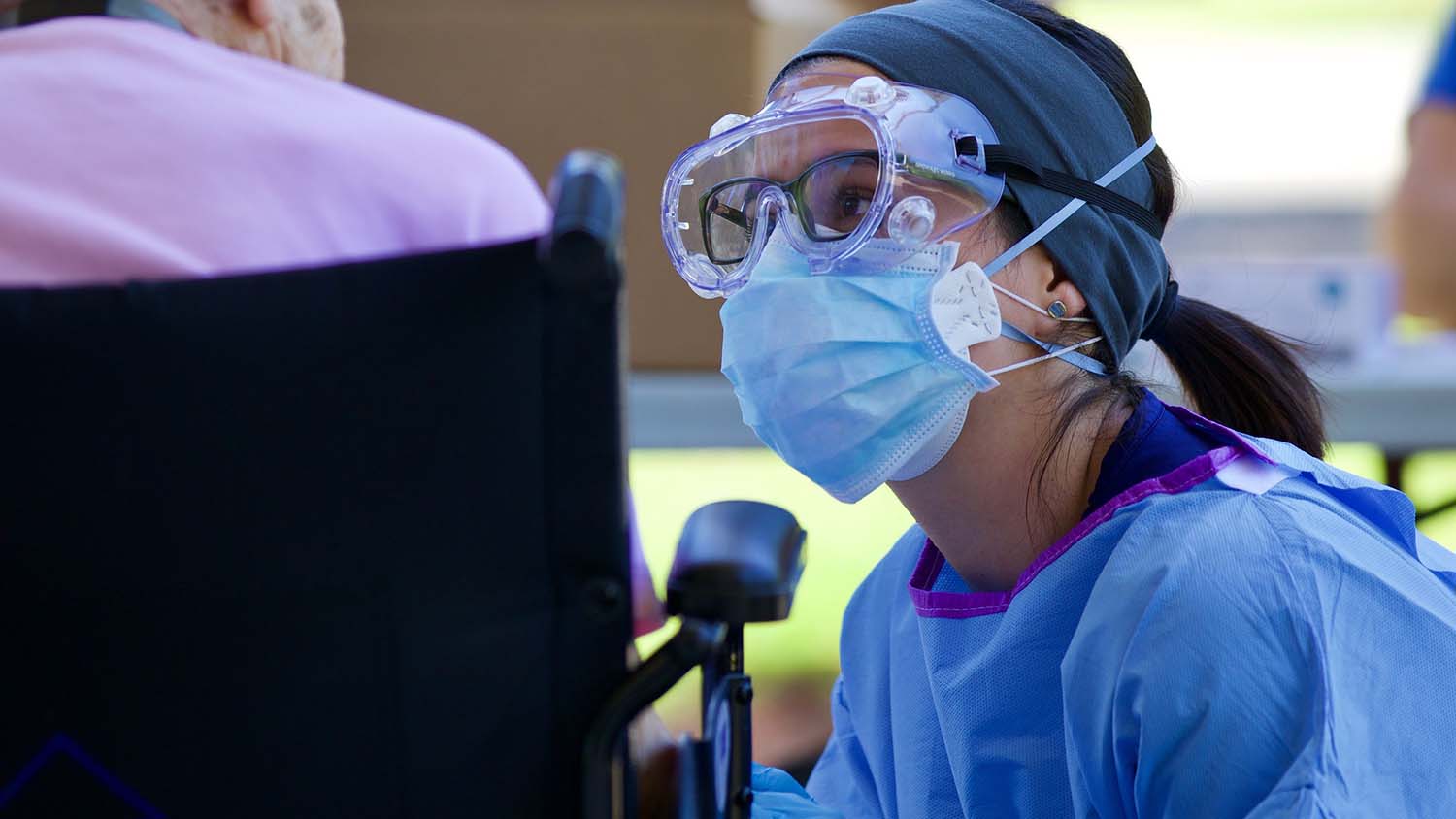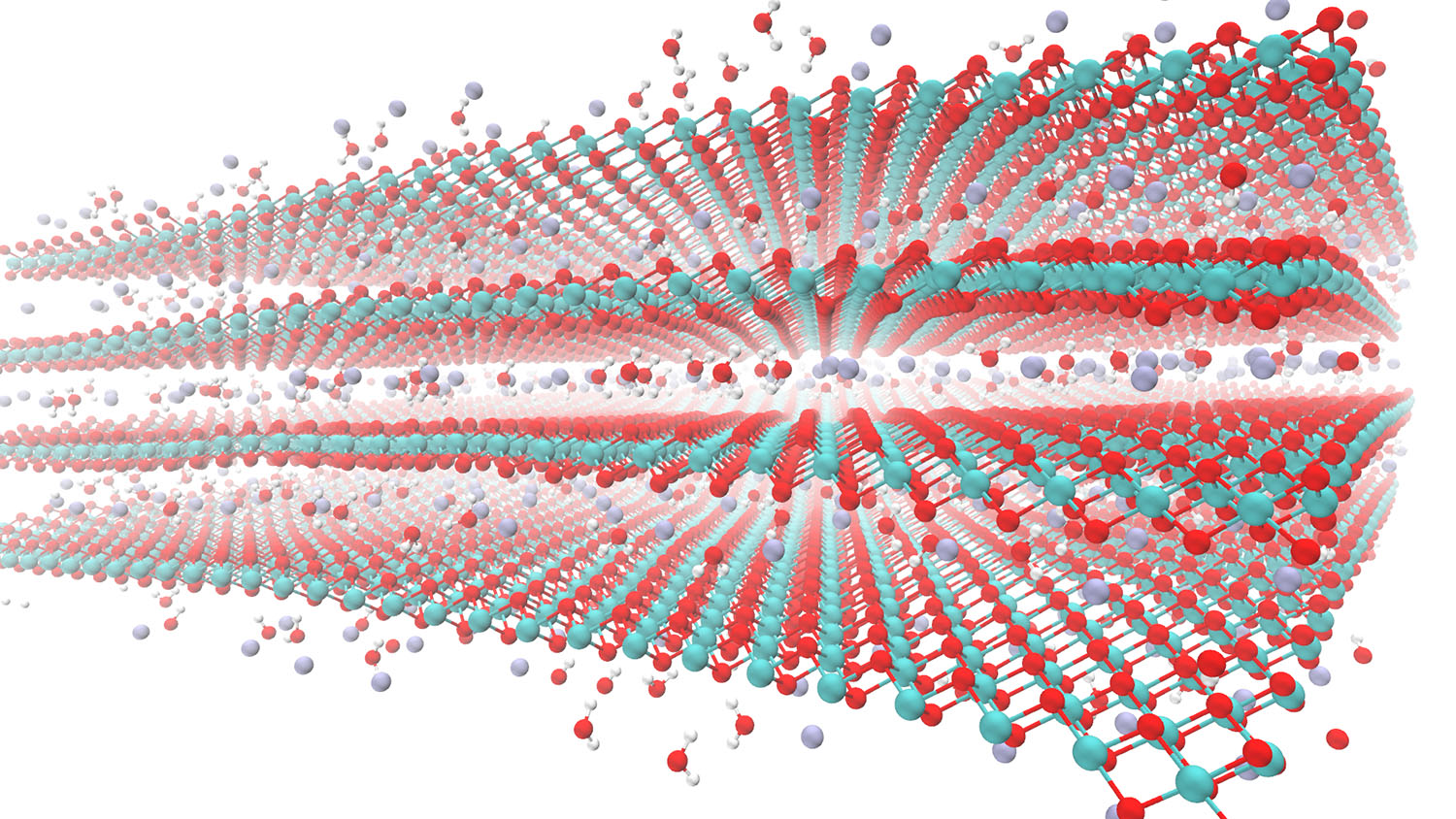即时发布
一项新的研究发现,美国的医疗保健工作人员在Covid-19大流行期间正在努力为一套心理健康挑战。该研究发现,医疗保健工人比在经历抑郁症等健康问题的大众的风险更大。
一个引人注目的发现是,平均而言,医疗保健专业人员报告患有足够的抑郁症的症状才能被诊断出患有临床抑郁症。
“我们的目标是更好地了解Covid-19在医疗保健工人的心理健康方面的影响,”佐治亚理工学院心理学学院的高级研究科学家Ann Pearman说。
“What we learned suggests that anyone who identifies as a healthcare professional – whether it’s a physician or a support worker in a hospital – is at risk for mental-health problems that could be devastating if left untreated,” says Shevaun Neupert, a professor of psychology at North Carolina State University and co-author of the paper.
“这些发现令人震惊,我们需要额外的工作来更好地捕捉这个问题的范围。更重要的是,我们需要考虑我们如何帮助我们的医疗保健工作者。“
在这项研究中,研究人员对90名医疗工作者进行了在线调查。虽然大多数受访者是医生、护士和医疗技术人员,但也有一些人担任医院管理人员等职务。研究人员还调查了一组控制组的90人,他们没有从事医疗保健工作,但年龄和性别与医疗保健工作者一致。这项研究从3月20日持续到5月14日。研究参与者来自35个州。
调查包括人口问题,以及旨在捕捉心理健康和福祉的各个方面的问题。
医疗保健工人报告了更高水平的压力,焦虑和疲倦,以及对他们生活的控制感。
Neupert说:“我们还发现,医疗保健小组的平均抑郁症状得分可以算作临床抑郁症。”“这比对照组的抑郁症状评分高出约30%。你不可能在抑郁症诊断工具上看到所有员工的得分都是这样的。”
研究人员还发现,医疗保健工人不太可能从事“积极应对”,这意味着他们对未来的压力或不良事件做好准备。
“我们的调查结果表明,医疗保健工作人员现在的风险较高,如抑郁症,如抑郁症,”Neupert说。“这不是可持续的,我们需要弄清楚我们要做的事情。”
本文,“Covid-19期间美国医疗保健专业人员的心理健康挑战,“被接受了心理学前沿|临床心理学。本文是由埃米莉史密斯的佐治亚理工学院艾米莉史密斯共同撰写的。
- 船员 -
编辑注:研究摘要跟随。
“COVID-19期间美国医疗专业人员的心理健康挑战”
作者: Ann Pearman和MacKenzie L. Hughes,佐治亚理工学院;Emily L. Smith和Shevaun D. Neupert,北卡罗莱纳州立大学
发表:于7月27日接受,心理学前沿|临床心理学
迪伊:10.3389 / FPSYG.2020.02065
抽象的:由于Covid-19继续影响全球社会,由于其作为护理提供者的角色,医疗保健专业人员因其扮架而导致一些负面幸福的结果。The objective of this study was to better understand the current psychological impact of COVID-19 on healthcare professionals in the U.S. This study used an online survey tool to collect demographic data and measures of well-being of adults age 18 and older living in the U.S. between March 20, 2020 and May 14, 2020. Measures included anxiety and stress related to COVID-19, depressive symptoms, current general anxiety, health questions, tiredness, control beliefs, proactive coping, and past and future appraisals of COVID-related stress. The sample included 90 healthcare professionals and 90 age-matched controls (Mage = 34.72 years, SD = 9.84, range = 23 – 67) from 35 U.S. states. A multivariate analysis of variance was performed, using education as a covariate, to identify group differences in the mental and physical health measures. Healthcare professionals reported higher levels of depressive symptoms, past and future appraisal of COVID-related stress, concern about their health, tiredness, current general anxiety, and constraint, in addition to lower levels of proactive coping compared to those who were not healthcare professionals (p < .001, η2 = .28). Within the context of this pandemic, healthcare professionals were at increased risk for a number of negative well-being outcomes. Potential targets, such as adaptive coping training, for intervention are discussed.
- 类别:




